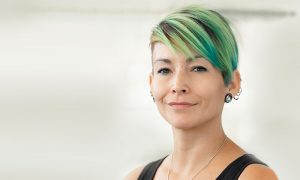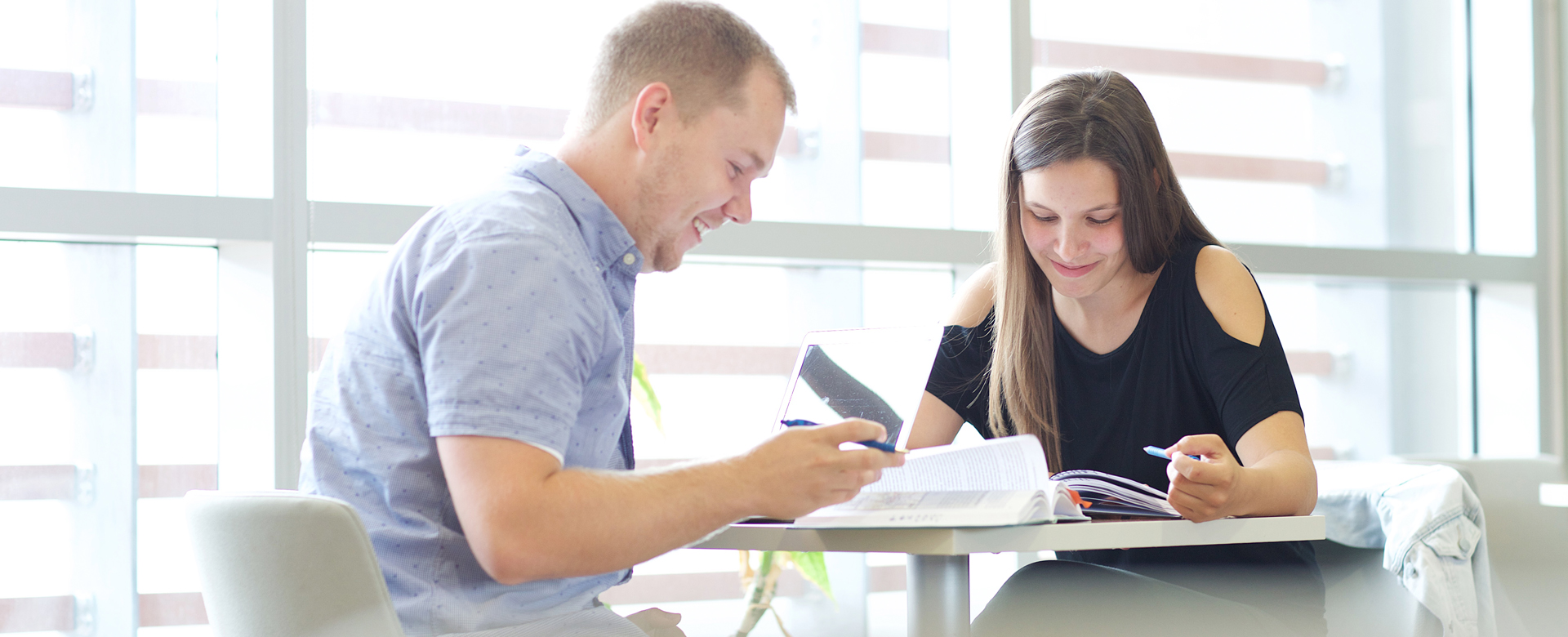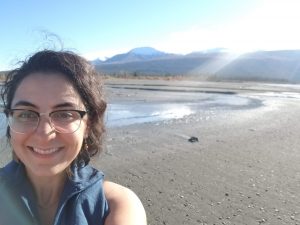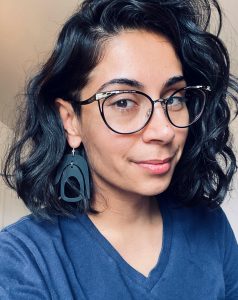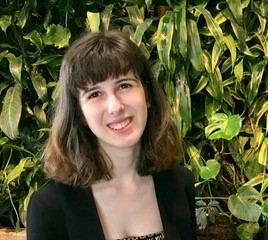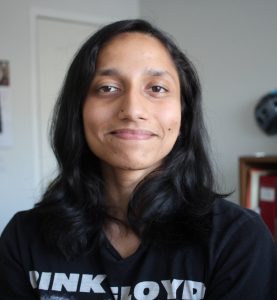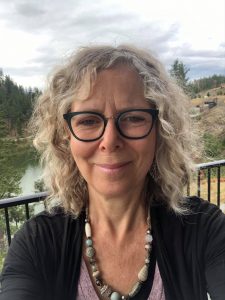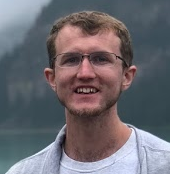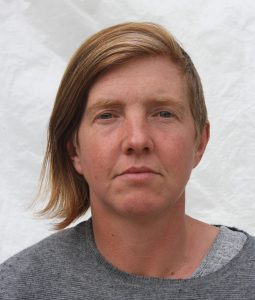Barbara Oliveira, Postdoctoral Fellow and President of the UBC Okanagan Postdoctoral Association, uses her passion for education to give others the knowledge they need to make big changes in their lives.
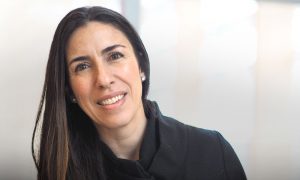 |
AFTER COMPLETING HER PHD IN BRAZIL and then becoming a mother, Dr. Barbara Oliveira knew that her work in academia was far from over. With a hunger to create small changes that lead to big results, she moved to Canada with her family to pursue a postdoctoral fellowship at UBC Okanagan’s School of Health and Exercise Sciences, under the supervision of Dr. Jonathan Little in the Exercise, Metabolism and Inflammation Lab.
Little did she know that her passion for education would influence numerous people who have crossed her path.
Dr. Oliveira started her career as a dietitian, working in clinical sports nutrition. During her PhD, she studied diabetes and vitamins within a laboratory setting. She continued research into her postdoctoral studies, where she is currently exploring nutritional approaches such as low carbohydrate and ketogenic diets in the treatment and prevention of Type 2 diabetes.
SMALL CHANGES LEADING TO BIG EFFECTS
When reflecting on why she was motivated to pursue a postdoctoral fellowship, Dr. Oliveira credits her love of academia and the university environment—a unique workplace that mixes administration, research and connection through knowledge. As a self-proclaimed lifelong learner, she envisions herself being in a university setting for the rest of her life. But in a unique capacity that is different from the usual research or teaching path that most postdoctoral fellows strive for.
“I like the administrative part of universities. I could be a professor or a lecturer but I don’t envision myself doing that. I really enjoy the backend of it all, like writing grants, organizing projects and the other things that happen.”
Dr. Oliveira looks to her research for inspiration when discussing the appeal of working to successfully strengthen, guide and prepare a university for the future.
“My research investigates how changing one’s diet can help reverse Type 2 diabetes—a disease that is widespread around the world. The power of something as simple as nutrients and diet can influence people in many ways, without basing a solution on drugs or invasive treatment.
“Similarly, the administrative work that I’m passionate about can make a significant difference for others, directly empowering them by giving them tools they can put into action.”
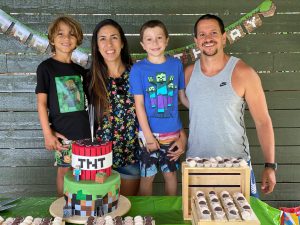
Barbara Oliveira with her family
BRIDGING THE GAP
In other facets of her life, Dr. Oliveira applied this same idea of creating a simple change that leads to a transformative outcome.
After attending a welcome event for postdoctoral fellows hosted by the College of Graduate Studies, she and her peers realized the campus lacked a centralized peer unit to represent postdocs. They wanted to create a space where they could connect with other postdocs, share advice and find resources easily.
“I remember my first month at UBC Okanagan was quite hectic because a lot of the information needed for postdocs was spread out over campus.”
While Dr. Oliveira’s incentive to find answers was strong, she realized other postdocs may get confused or discouraged more easily. After hearing what others experienced, she understood how crucial this support would be and how it could provide an inclusive space for postdoctoral fellows, who often feel as if their identity on campus falls between a faculty member and student.
Working with her peers, Dr. Oliveira helped create the PDA UBCO (Postdoctoral Association of UBC Okanagan). She was confident that it could be another way she could use her knowledge and available resources to help others in an impactful way.
“It’s very tough transitioning to postdoctoral studies, especially if you’ve come from another country. I found it so important to set up a centralized office to give consistent advice and pay it forward for future postdocs as well,” she explains. “I want to provide the best possible experience for postdocs, even if that means answering questions about where to eat on campus, working with supervisors, or just being a friendly face.”
Dr. Oliveira aimed to bridge the gap between UBC Okanagan and postdoctoral fellows, making the postdoc experience as valuable as possible and showcasing the breadth of resources that UBC Okanagan has to offer. She urges other postdocs to make the best of their experience by taking advantage of these resources and making connections during their short time as a fellow.
EMPOWERING OTHERS THROUGH KNOWLEDGE
Dr. Oliveira attributes her passion for influencing others through her education to her deep interest in people. She enjoys conversation and connection, and likes hearing the stories from others’ point of view.
“As president of the Postdoctoral Association, I love being able to connect with other postdocs—it’s my favourite part of the job. In my research too, I’m the kind of person who goes out there. I’m not just inside my office with my computer, I want to talk to people and get to know them.
“When we had participants in the lab, it was such an honour to listen to their experiences and how their lives have been changing because of my advice. To this day, I receive emails from people who are just grateful. But it’s me who is the most grateful because I was able to help with one small gesture.”
By continuing in academia, Dr. Oliveira hopes to share her knowledge to benefit people. She leads the way in demonstrating that individuals can be empowered when changes are minor and easy to implement.
She offers a great example of how every individual has the power to impact others in their own unique way, and that the core of any meaningful change comes from taking the time to educate and connect with others.

